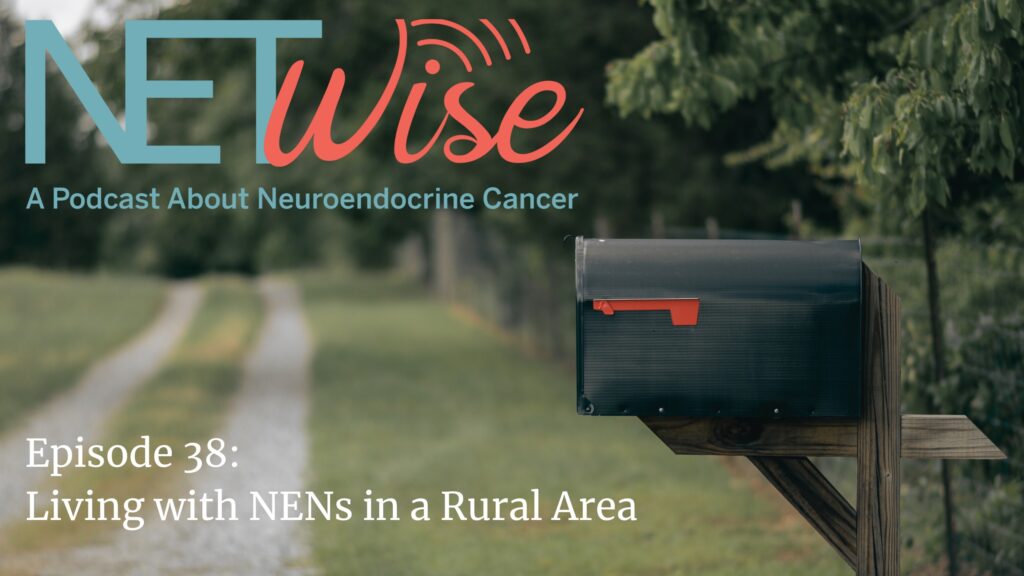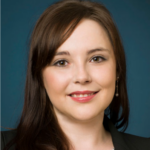NETWise Episode 38: Rural Care

Whether or not a patient has access to care is one of the most important factors in how their cancer journey plays out. It is crucial for timely diagnosis and effective treatment of neuroendocrine neoplasms. And when you live in a rural place, that access can be complicated. We often talk about how important it is to seek out specialized care for NENs – but we don’t often talk about how challenging it can be to access that kind of care. In this episode, we’re going to focus on barriers to care that people in rural areas tend to face.

Julie Hallet, MD, M.Sc., FRCSC is a surgical oncologist at Sunnybrook Health Sciences Centre at the University of Toronto.

Thank you to Gene Matthews, Serra Kefeli, and Bev O’Neill for sharing their NEN stories.
Get in touch:
Email questions or feedback to podcast@netrf.org. Find us on Facebook and Twitter, YouTube.

